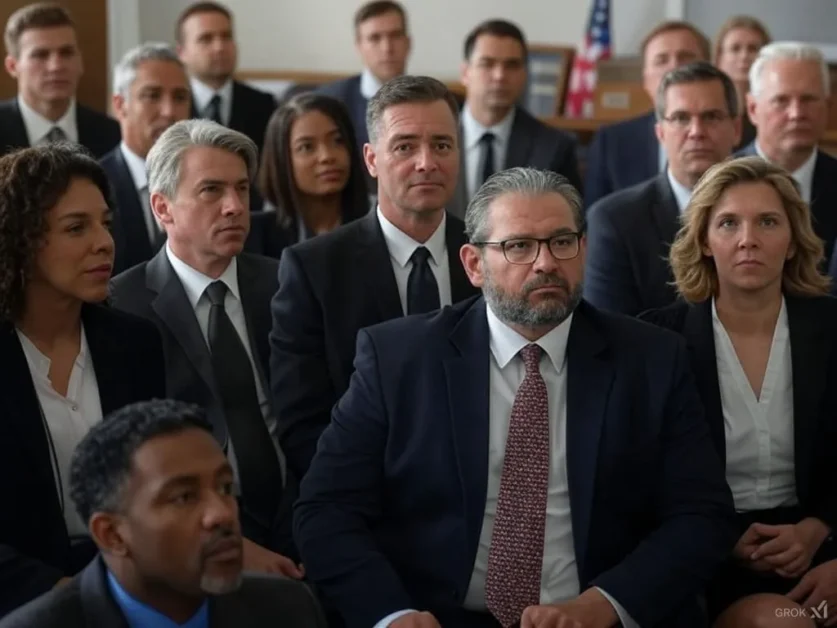What Legal Actions Support Social Justice Initiatives?
Legal actions supporting social justice initiatives encompass a wide range of strategies aimed at addressing systemic inequalities and promoting equitable outcomes for marginalized communities. These actions leverage the power of the law to challenge discriminatory practices, advocate for policy reforms, and empower individuals to assert their rights. By employing various legal tools and approaches, advocates […]
What Legal Actions Support Social Justice Initiatives? Read More »









